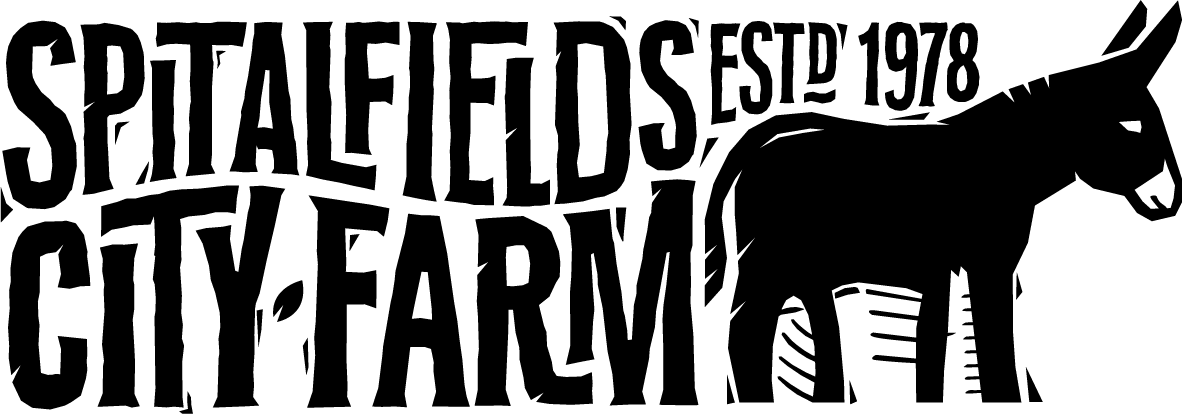FARM SAFETY
Everything in this world is covered in bugs! As with many other educational or recreational activities, visits to the farm can never be considered free from all risk. All animals naturally carry a range of micro-organisms, some of which can be transmitted to people, where they may cause ill health. Some of these, such as E. coli have the potential to cause serious illness and health problems which may be particularly severe in young children. However, while the hazards are real and the risk of infection in children can be controlled by the following steps.
Everyday measures:
Wash and dry hands thoroughly after contact with any animals, before eating and drinking, and before leaving the farm after your visit.
The farm has hand washing points for you to wash your hands.
Use soap and water, and dry with paper towels. Gels are not an effective substitute.
Cover cuts and grazes on children’s hands or bare skin with a waterproof dressing.
Do not eat in the farmyard, the farm has a picnic area for lunches and snacks.
Further information:
Here's a handy risk assessment to help you plan your visit.
Advice for teachers from The Government's Health & Safety Executive can be found here.
Be aware that pregnant women should not come into contact with sheep at lambing time, due to the risk of disease - Advice to pregnant women during the lambing season.
Government Health and Safety Executive - information about E coli.
Be aware that children who suffer from asthma/hayfever may experience difficulties in the dusty farm environment.


